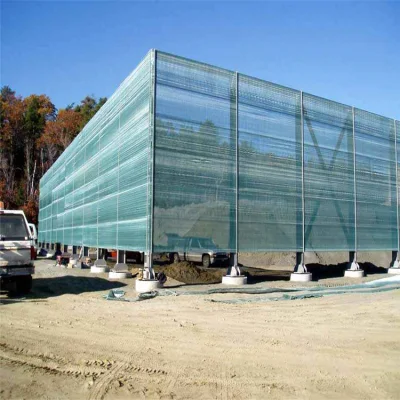The Versatile World of Coated Chains Applications, Benefits, and Considerations
In various industrial sectors, the functionality and durability of equipment significantly influence efficiency and productivity. One such component that plays a crucial role in machinery, especially in conveying and material handling systems, is the chain. Among different types of chains, coated chains have emerged as a notable option, offering a range of benefits that enhance their usability across diverse applications.
What is a Coated Chain?
A coated chain is a standard chain that has been treated with a protective coating. This coating can be made from various materials such as plastic, rubber, or specialized polymers. The purpose of this coating is to protect the chain from environmental factors, reduce friction, and enhance its overall performance. Coated chains are often used in environments where exposure to moisture, chemicals, or extreme temperatures is a concern.
Advantages of Coated Chains
1. Corrosion Resistance One of the primary benefits of coated chains is their resistance to corrosion. The coating acts as a barrier that prevents moisture and chemicals from directly contacting the chain itself. This prolongs the lifespan of the chain and reduces maintenance costs, making them ideal for applications in food processing, chemical manufacturing, and outdoor installations.
2. Reduced Friction Coated chains can significantly reduce friction during operation. The smooth surface of the coating allows for easier movement, which can lead to less wear on both the chain and the sprockets. This reduction in friction not only enhances the efficiency of machinery but also minimizes energy consumption, promoting sustainability in industrial operations.
3. Noise Reduction A notable characteristic of coated chains is their ability to operate more quietly than traditional uncoated chains. The soft coating dampens sound waves, making them suitable for environments where noise control is essential, such as in hospital settings or residential areas.
4. Improved Grip In applications where the chain interacts with various surfaces, such as in conveyor systems, a coated chain can provide better grip and traction. This is particularly important in materials handling, where the risk of slippage can lead to accidents or loss of goods.
coated chain

5. Customization and Color Coding Coated chains can also be customized in terms of color, allowing for easy identification in complex operations. This feature can be particularly beneficial in large-scale manufacturing or assembly lines where multiple chains may be in use simultaneously.
Applications of Coated Chains
The versatility of coated chains has led them to be adopted in various industries. Common applications include
- Food and Beverage Industry Given their resistance to corrosion and ease of cleaning, coated chains are widely used in conveying systems for food products. - Automotive Industry In auto assembly lines, coated chains aid in the movement of components while minimizing noise and enhancing safety. - Logistics and Warehousing Coated chains facilitate the efficient movement of goods, providing durability and reliability in material handling operations. - Mining and Construction In rugged environments, coated chains withstand harsh conditions, offering long-lasting performance.
Considerations When Choosing Coated Chains
When selecting a coated chain for specific applications, several factors need to be considered
1. Material Compatibility It's essential to ensure that the coating material is compatible with the substances it may come into contact with during operation. 2. Environmental Conditions Understanding the working environment—temperature, humidity, and exposure to chemicals—can inform the choice of the appropriate coating type. 3. Load Requirements The load-bearing capacity of the chain must align with the operational requirements to prevent failure.
4. Cost vs. Longevity While coated chains may have a higher upfront cost than uncoated alternatives, their durability and reduced maintenance needs can lead to long-term savings.
In conclusion, coated chains offer a robust solution for various industrial applications, combining durability with performance enhancements. By understanding their advantages and applications, businesses can make informed decisions to improve their operational efficiency and reduce long-term costs. As industries continue to evolve, the innovative use of coated chains will likely expand, driving further advancements in machinery and equipment.
-
Turn Down the Noise: The Future of Highway Sound Barriers
NewsApr.09,2025
-
Silence the Sound: The Power of Highway Noise Barriers
NewsApr.09,2025
-
Reduce Road Noise Effectively with Highway Noise Barriers
NewsApr.09,2025
-
Noise-Free Living: How Highway Barriers Make a Difference
NewsApr.09,2025
-
Engineered for Silence: Highway Noise Barriers for Every Road
NewsApr.09,2025
-
Effective Noise Control: Highway Barriers for a Quieter Tomorrow
NewsApr.09,2025
Subscribe now!
Stay up to date with the latest on Fry Steeland industry news.

